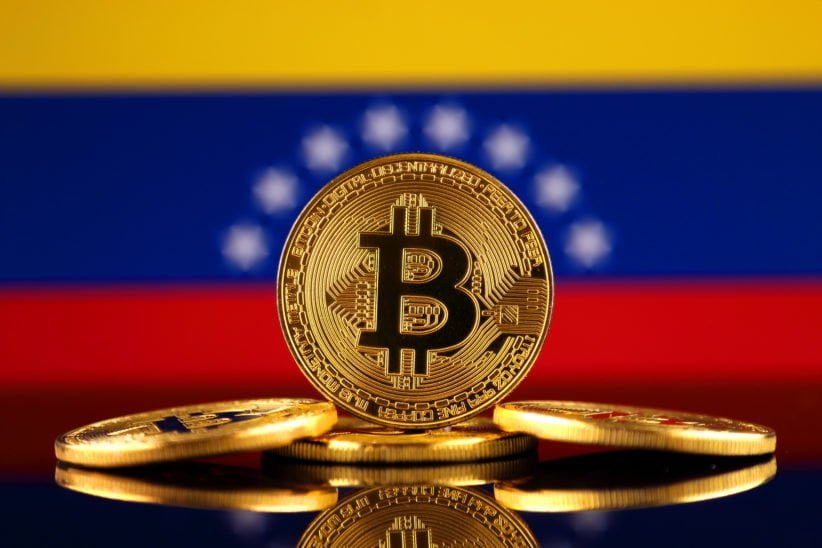Venezuelan Sunacrip Tightens Control on Transactions Made Using Unauthorized Exchanges – Sunacrip, Venezuela’s cryptocurrency watchdog, is attempting to gain a better understanding of Venezuelans’ use of cryptocurrencies and other assets through fintech platforms. The organization issued a new provision that sets a mechanism for dealing with suspicious activity, including on fintech platforms.
The provision, which is an internal document signed by Joselit Ramirez, the organization’s head, aims to incorporate various Financial Action Task Force (FATF) instructions into the organization’s working processes in order to detect money laundering and terrorism financing schemes. Venezuela is currently not a part of the FATF as a result of international sanctions.
Also Read: Bitcoin Broke Through Important Resistance, Now Aims at $40,000
Using non-authorized exchanges, according to the internal providence, could be considered a warning signal that should be submitted to the national financial intelligence organization for investigation and sanctioning.
While the memo does not specify what penalties might be imposed for these violations, another relevant law does, establishing penalties of up to $15,000 for using crypto assets without authorization.
This new set of regulations may affect users of some exchanges, such as Binance, which, despite being widely utilized by the country’s crypto community, lacks official registration as well as authorization with the institution.
To avoid the sanctions, users of the exchange may migrate to other platforms. Other well-known exchanges in the country are also not included in the list of authorized exchanges.
Sunacrip revoked the licenses of two exchanges in January and told the public about the ones that had been approved by the organization, leaving some big names like Binance out. Ramirez warned users not to use the unauthorized exchanges at the time.
However, this rule affects more than just cryptocurrency exchanges. Fintech platforms and fiat currency exchange services that operate in the country will also be included by this provision.
Also Read: Singapore’s Deputy Prime Minister Advises Retail Investors to Steer Clear of Cryptocurrencies
According to Raul Velásquez, a Venezuelan lawyer and cryptocurrency enthusiast, the national financial intelligence unit has the authority to demand information from both crypto and bank institutions.
“Fiat on and off-ramps are particularly vulnerable to surveillance.” However, for government organizations, this is a very costly and difficult task.” He concluded by noting that the document had not been published in the country’s official gazette, despite the fact that this was a requirement for all documents of this nature.




